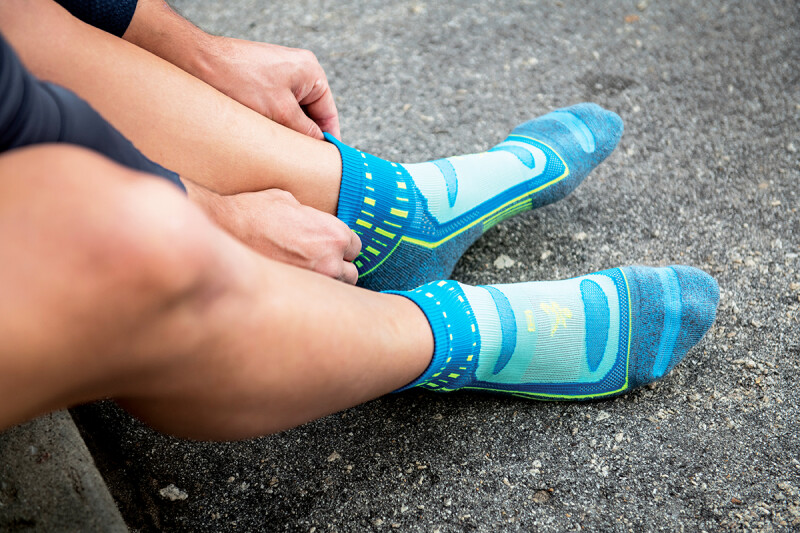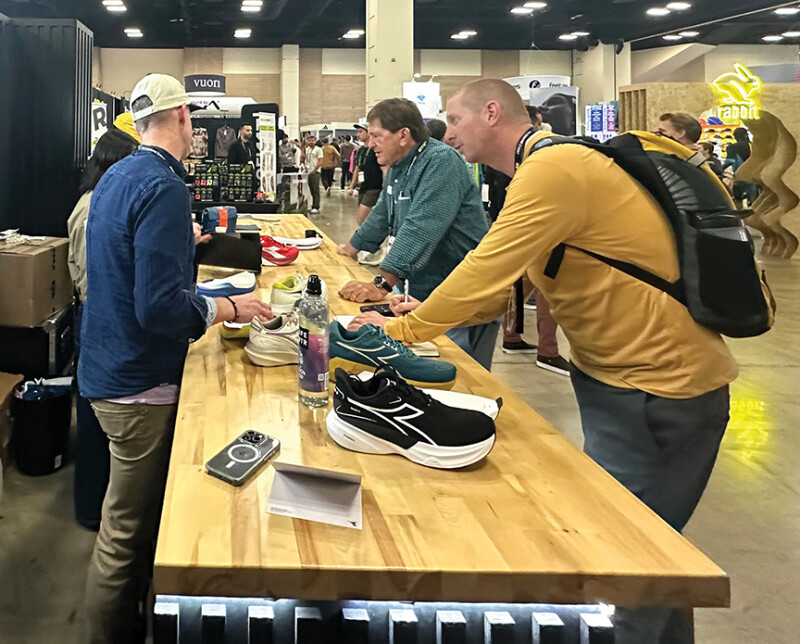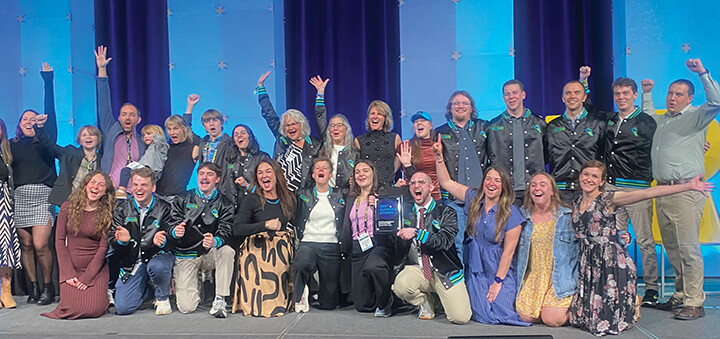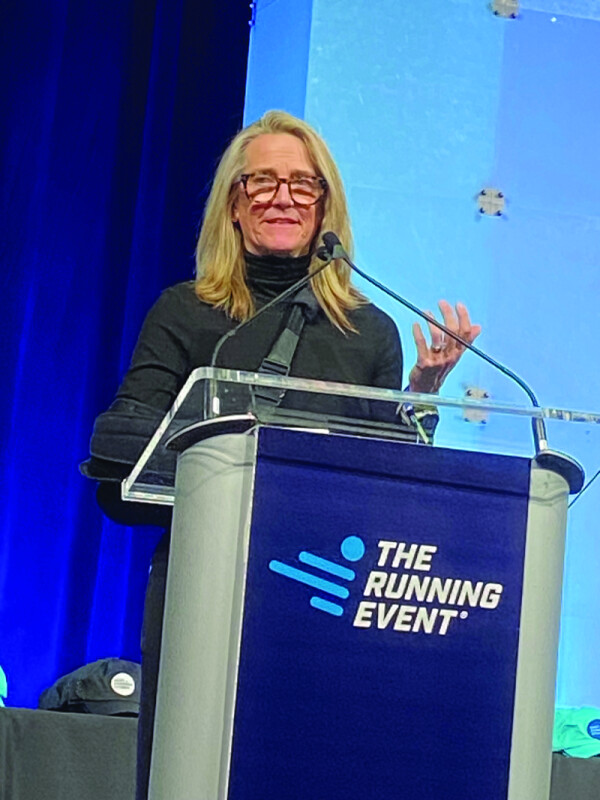Sustainability goes well beyond raw materials and final product at Balega Ñ it is all about process and logistics and how the entire package ties together for a sustainable corporate philosophy.
Since 2013 Balega has steadily been working towards a greener footprint, a process that has included waste water reduction, lowering energy consumption, maximizing opportunities to reduce the number of containers it ships and recycled pulp in its packaging. Natural fibers such as mohair have been part of its performance line for a long time and 2021 will see the sock company introducing recycled performance fiber into some of its top selling styles.
It all stems from the company’s culture since its beginning, according to Tanya Pictor, VP of Balega at Implus.
“Balega is a brand with conscience, from community to environment,” she points out. “It is our contribution in some small way of protecting our world Ð the world we enjoy running in Ð for our children and a brighter tomorrow. It should not be part of your thinking, just a part of your doing.”
For Balega to introduce recycled/sustainable performance yarn into its product is an easy pivot, after the more substantial commitment with its manufacturing partners to invest in energy-efficient machinery, refining process and recovering waste water. But that investment has paid off.
“Consumers demand great product, but they also want you to do good,” Pictor explains. “It separates those brands that are real and authentic from the pretenders. You have to walk the walk to truly gain consumer loyalty and acceptance.”
Balega has also invested in promoting its sustainability message through its packaging, social media and every touch point along the way, always mindful not to seek opportunity through jumping on the bandwagon. “We always try to remain humble in our commitment to our consumers and the run community,” Pictor adds.
Balega understands that everything it does to forward its eco-efforts has a cost, but it strongly believes that consumers are willing to pay more for product provided that the perceived value add is genuine. “Given the option, we believe consumers in the run community will opt for a sustainable proposition,” Pictor says. “Our consumers are extremely passionate about the environment they play in.”
The next step is for run specialty retailers to take that eco-message to that consumer, an effort Pictor believes these stores are well suited for.
“Our run specialty retail partners are all extremely adept at selling product that differentiates,” she says. “Offering them a compelling story allows them to do what they do so well, better.”






